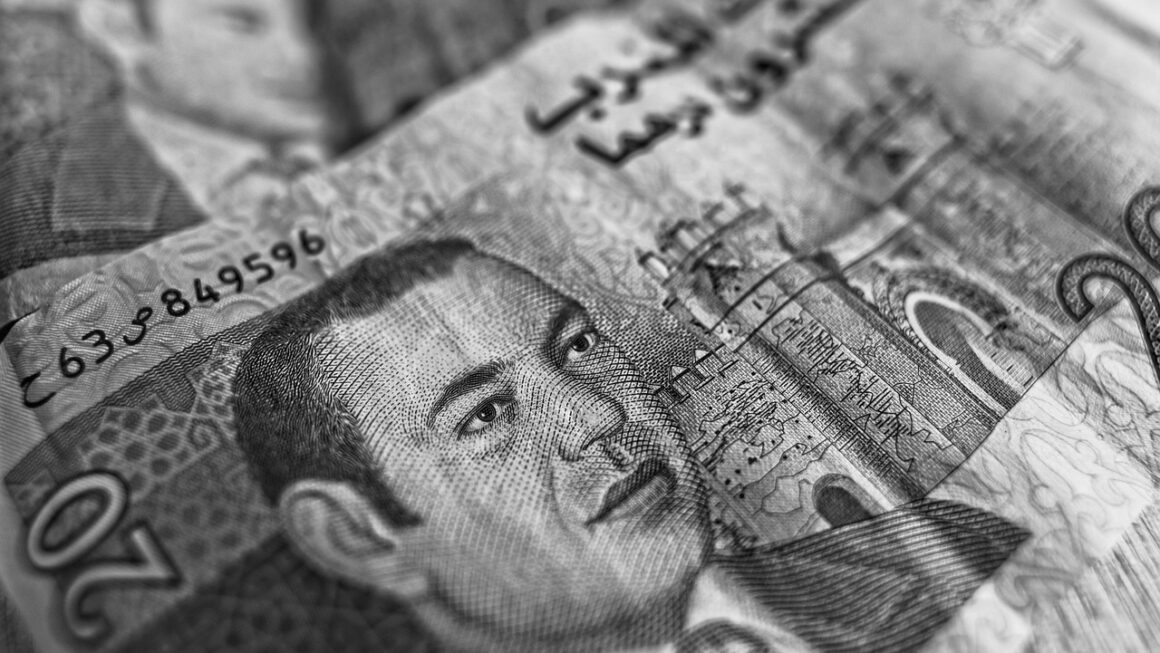Credit cards can be powerful financial tools, offering convenience, rewards, and the ability to build credit. However, if not used responsibly, they can quickly lead to debt and financial stress. Mastering credit card usage is about understanding the nuances and implementing smart strategies to maximize benefits while minimizing risks. This guide provides actionable tips to help you navigate the world of credit cards like a pro.
Choosing the Right Credit Card
Selecting the right credit card is the first and most crucial step. A card that aligns with your spending habits and financial goals can significantly impact your financial health.
Understanding Your Spending Habits
Before applying for a credit card, analyze your spending. Track your expenses for a month or two to identify your key spending categories. This will help you choose a card that offers the best rewards for your typical purchases.
- Example: If you spend a lot on groceries and gas, look for a card with bonus rewards in those categories.
- Tip: Use budgeting apps or spreadsheets to monitor your spending effectively.
Comparing Credit Card Features
Once you know your spending habits, compare different credit cards based on:
- Rewards Programs: Cashback, points, or miles. Calculate which reward system offers the most value based on your spending patterns.
* Example: A 2% cashback card on all purchases might be better than a travel rewards card if you don’t travel frequently.
- Interest Rates (APR): Look for the lowest APR, especially if you tend to carry a balance.
- Fees: Annual fees, late fees, foreign transaction fees, etc. Opt for cards with minimal fees.
- Credit Limit: Ensure the credit limit aligns with your spending needs but isn’t so high that you’re tempted to overspend.
- Introductory Offers: Some cards offer 0% APR periods or sign-up bonuses. These can be beneficial if used wisely.
Checking Your Credit Score
Your credit score plays a significant role in determining the credit cards you’ll be approved for and the interest rates you’ll receive.
- Tip: Check your credit score regularly using free services like Credit Karma or AnnualCreditReport.com.
- Actionable Takeaway: Improve your credit score before applying for a card to increase your chances of approval and secure better terms.
Managing Your Credit Card Responsibly
Owning a credit card is a responsibility. Effective management is key to avoiding debt and building a strong credit history.
Paying Your Bills on Time
Late payments can negatively impact your credit score and incur late fees.
- Tip: Set up automatic payments for at least the minimum amount due to avoid missing deadlines.
- Example: Schedule automatic payments for a few days before the due date to ensure timely processing.
Paying More Than the Minimum
Paying only the minimum amount due can lead to accumulating interest and prolonging debt repayment.
- Actionable Takeaway: Aim to pay off your balance in full each month to avoid interest charges. If you can’t, pay as much as you can afford above the minimum.
- Statistic: According to a recent study, paying only the minimum on a credit card can increase the total repayment cost by several times.
Keeping Your Credit Utilization Low
Credit utilization is the amount of credit you’re using compared to your total credit limit. A high utilization ratio can negatively impact your credit score.
- Tip: Aim to keep your credit utilization below 30%. For example, if your credit limit is $1,000, try to keep your balance below $300.
- Example: Make multiple payments throughout the month to keep your balance low.
Monitoring Your Credit Card Statements
Regularly review your credit card statements for unauthorized charges or errors.
- Tip: Use online banking to monitor your transactions daily or weekly.
- Actionable Takeaway: Report any suspicious activity to your credit card issuer immediately.
Maximizing Credit Card Rewards
Credit cards offer various rewards programs that can provide significant benefits if used strategically.
Understanding Reward Categories
Different credit cards offer varying reward rates for different spending categories.
- Example: A card might offer 5% cashback on gas and 3% on dining.
- Tip: Choose cards that align with your highest spending categories to maximize rewards.
Redeeming Rewards Strategically
Consider the different redemption options available and choose the one that offers the most value.
- Cashback: Simple and straightforward, offering a direct return on your spending.
- Travel Rewards: Can provide significant value if redeemed for flights or hotels, but require careful planning.
- Gift Cards: Sometimes offer a slightly higher value than cashback, but may be limited to specific retailers.
- Actionable Takeaway: Compare the value of different redemption options to make the most of your rewards.
Avoiding Reward Traps
Be mindful of reward traps that can lead to overspending.
- Example: Don’t spend more than you normally would just to earn extra rewards.
- Tip: Set a budget and stick to it, regardless of reward offers.
Protecting Yourself from Credit Card Fraud
Credit card fraud is a serious concern. Taking proactive steps to protect yourself can minimize the risk of becoming a victim.
Using Secure Websites
When making online purchases, ensure the website is secure.
- Tip: Look for “https” in the website address and a padlock icon in the browser.
- Actionable Takeaway: Avoid making purchases on websites that don’t have these security features.
Being Cautious of Phishing Scams
Be wary of suspicious emails or phone calls asking for your credit card information.
- Example: Never click on links in emails from unknown senders or provide personal information over the phone unless you initiated the call.
- Tip: Contact your credit card issuer directly if you suspect a phishing attempt.
Monitoring Your Credit Report
Regularly check your credit report for unauthorized accounts or activity.
- Actionable Takeaway: Obtain a free copy of your credit report from each of the three major credit bureaus (Equifax, Experian, and TransUnion) annually at AnnualCreditReport.com.
Conclusion
Mastering the art of credit card usage involves choosing the right card, managing it responsibly, maximizing rewards, and protecting yourself from fraud. By following these tips, you can leverage the benefits of credit cards while maintaining a healthy financial profile. Remember that consistent effort and responsible habits are key to long-term success with credit cards.




